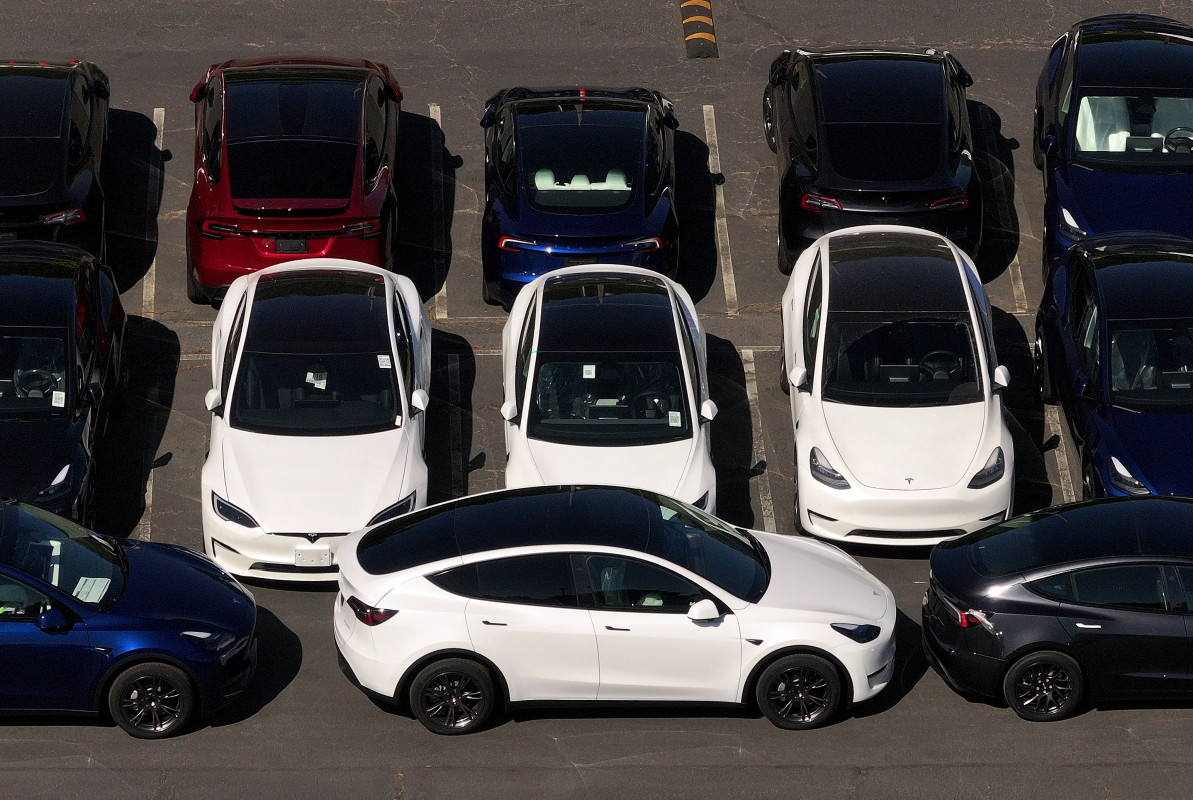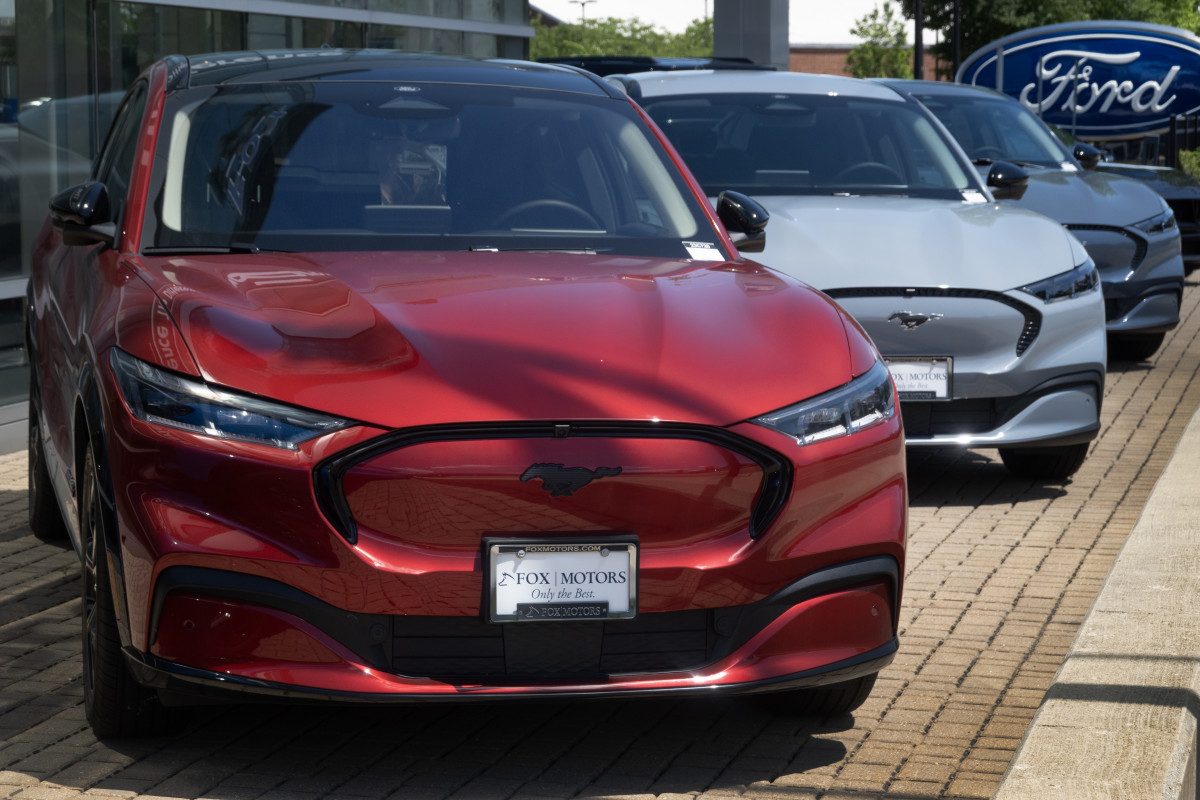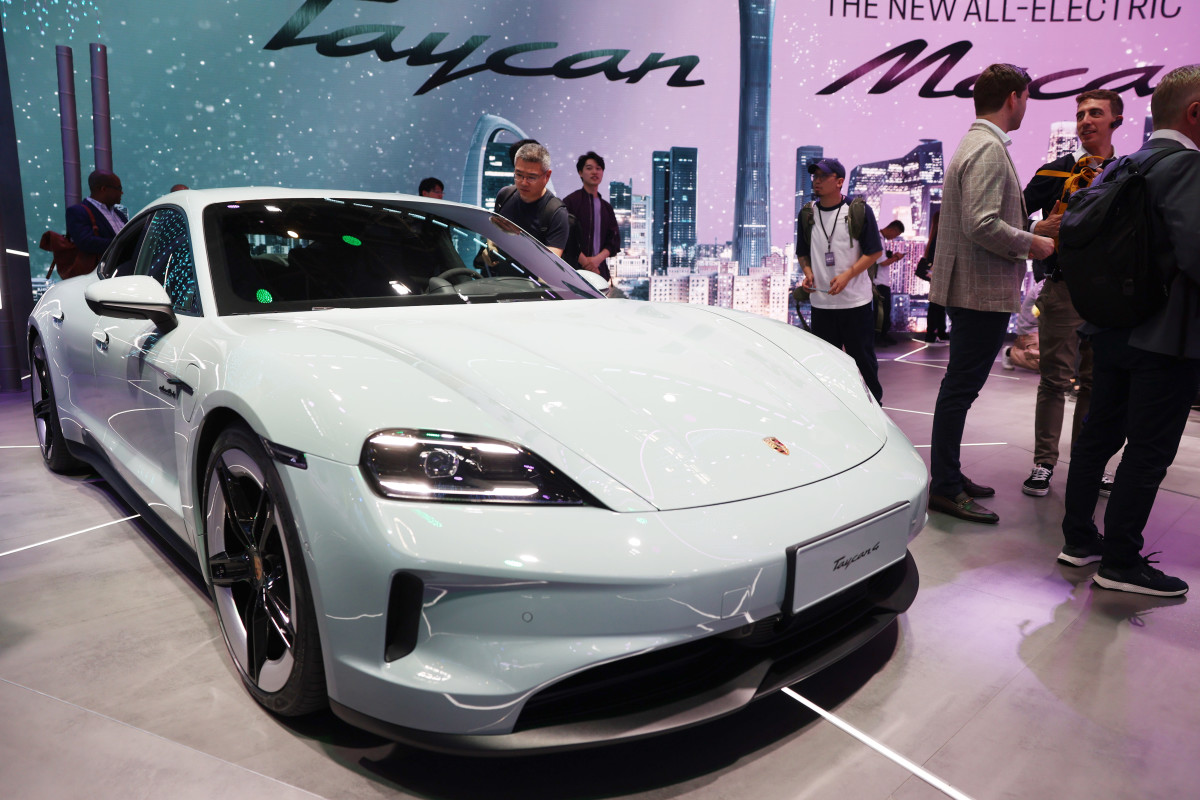
Electric cars are known for producing a synthetic sound at low speeds, which is designed to help warn pedestrians and other road users of their presence.
The use of this sound is required by law, however, a recent survey found that EV owners and buyers looking to buy an EV find a specific type of sound works best.
Related: McLaren wants to redefine SUVs on its path to profitability

As per a recent survey conducted by market-research firm CloudArmy and sonic branding company Listen, EV owners and projective EV owners find that the sound of gas powered cars work best. In their findings, they discovered that consumers liked sounds that evoke "wind, water and white noise," which indicate that the respondents gravitated toward sounds that reminded them of a passing gasoline-powered car.
At the same time, respondents did not respond very well to more "tonal" noises, which they describe as "hummable pitches in high frequencies," of which they noted sounded like something out of science fiction.

The survey itself had 400 participants, half of which were current EV owners or buyers who would consider an EV as their next car. For this survey, the firms created 10 unique sounds: five that were described as 'hummable' tonal sounds, and the other as nontonal sounds, like white noise. The goal of the survey was to find which sounds are more effective and likable for pedestrians.
Though they found that the respondents liked the nontonal sounds and found them to be noticeable, the tonal sounds were found to be slightly more noticeable, but at the expense of consideration for other people's eardrums.
More Business of EVs:
- New study suggests EVs are supercharging an impending environmental crisis
- GM President has bold plans for an iconic sports car's EV resurrection
-
Ford CEO says this iconic model will "never" be an EV
Related: GM exec hints at new Cadillac 'hypercar'
In 2018, new NHTSA rules required EVs by 2020 to emit noticeable, high frequency noises at speeds lower than 18.6 miles per hour due to their ability to run virtually quiet at low speeds. Because of this, Listen executive strategy director Paul Amitai noted that early noises in the space could cause ear fatigue and annoyance, noting that some people associated EV sounds with science fiction.
"Some of the initial entries into the space were more tonal or more melodic, or maybe more like a chord," Amitai told Automotive News. "It's noticeable, it's distinctive, but it could be sometimes unnerving."
The rules that have come from EV's shortcomings have created a new area in sound design, where automakers and sound experts come together to use sound as a way to define a car's identity. However Amitai notes that the ultimate goal for automakers is to find a balance between making a noise that seems nice to listen to and one that alerts pedestrians and other road users without creating tension and stress around a certain EVs presence.
"[The sounds] to be created in a way where they register at the right volume and frequency," said Amitai, but "what do they need to do functionally to get the right amount of tension without creating more stress and more noise?"

Some automakers have been trying to inject a bit of character into their EVs by tweaking the "noise" it emitted from its federally mandated external waterproof speakers. In a 2022 release, Porsche noted that it spent seven years working on the artificial noise of its Taycan EV sedan, of which it describes as "characteristic, sporty and powerful."
“The sound has to fit the vehicle and be authentic,” Porsche Sound and Concepts sound engineer Tobias Hillers said. “We incorporate the components that sound really good. Then we filter out less attractive sounds. Anything that sounds like a dentist’s drill or streetcar has to go.”
The resulting sound is one that Porsche attempted to file for trademark to the European Intellectual Property Office in September 2023, stating in its filing that the noise its electric vehicles emit is “futuristic, melodious, and has a certain tempo as well as motives and dynamics," even going as far as comparing it "to that of the “opening motif of Beethoven’s 5th Symphony, the sound of KITT’s scanner from the Knight Rider television series, or the sound of the Lightsabers from the Star Wars film series.”
The EU IP office didn't buy any of that, stating that it “does not distinguish a Porsche vehicle from any other,” and that “the fact that the vehicles themselves do not produce that sound may be known to consumers, but in no way gives them the ability to distinguish the application’s goods and services from similar ones offered by other companies.”
Related: Veteran fund manager picks favorite stocks for 2024







